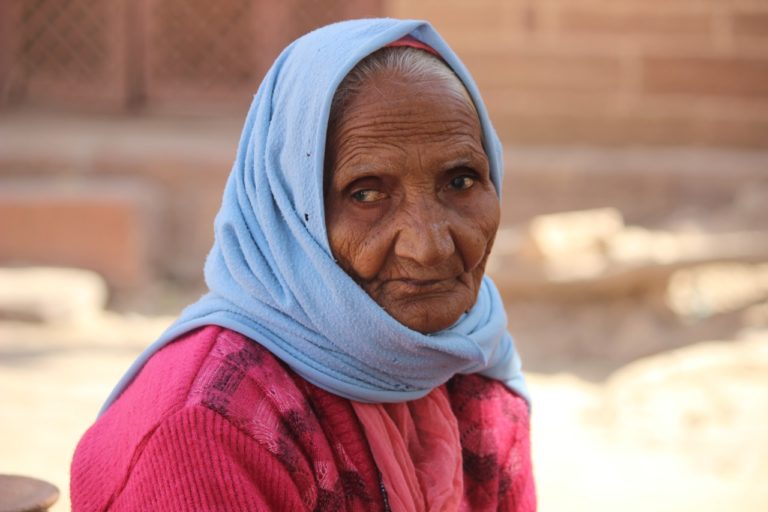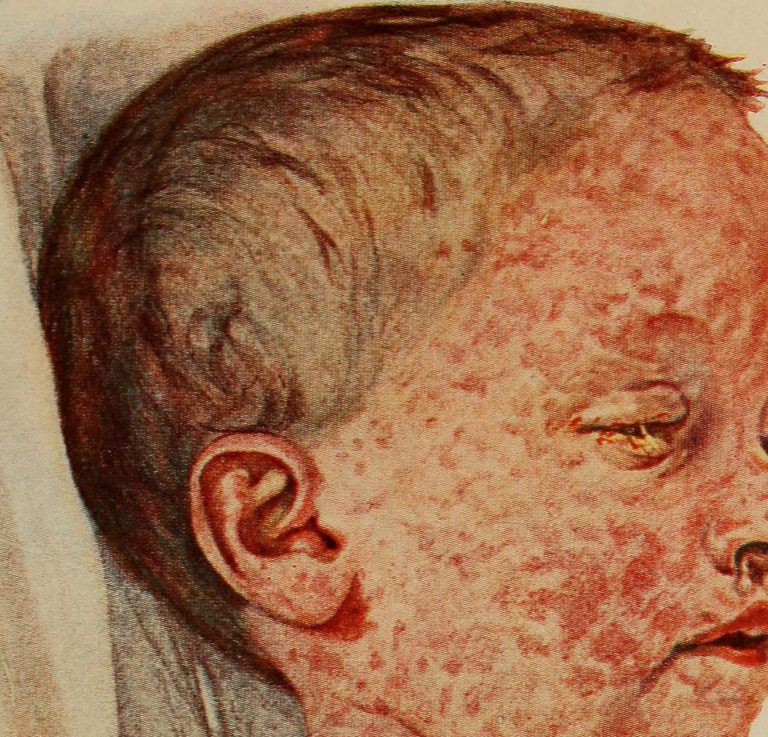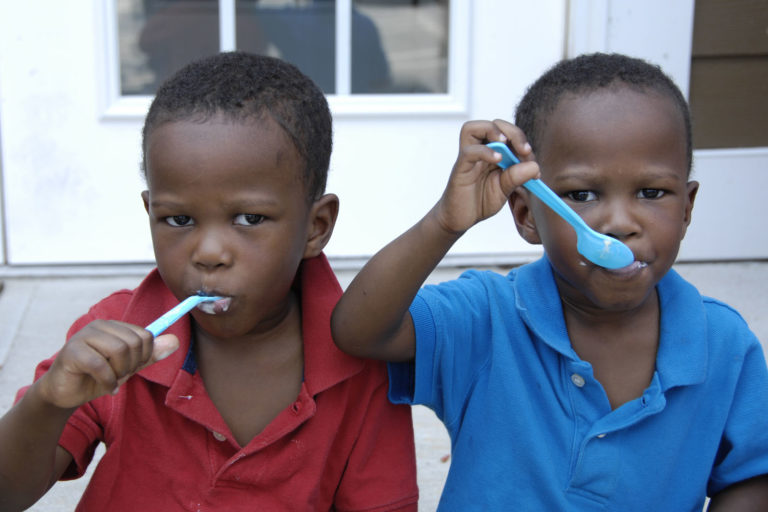Kerala researchers report fairness cream link to kidney diseases; blood and urine have elevated mercury
The quest for that perfect, aspirational fair skin can come with unforeseen dangers of kidney damage. Kerala researchers have reported in the journal Kidney International that of the 15 patients of a particular kind of kidney disease that they saw over a two year period, 13 had a history/were actively using fairness creams at the time of diagnosis.
Neural epidermal growth factor-like protein 1 (NELL-1) is an autoantigen associated with both primary and secondary membranous nephropathy (MN) – kidney disease – and is associated with malignancy, autoimmune diseases, lipoic acid, and traditional indigenous medicines. The doctors looked at all patients diagnosed to have NELL-1 MN between July 2021 and September 2023 at Aster MIMS Hospital, Kottakkal, India. Those with a history of fairness cream use underwent heavy metal screening in blood and/or urine.
“Among our NELL-1 MN cohort, 13 of 15 patients admitted using skin fairness creams before their symptom onset. Of the rest, one (aged 57 years, male) had history of use of traditional indigenous medicines, whereas the other (aged 75 years, female) had no identifiable trigger. All were negative for hepatitis B and C, autoimmune markers, and malignancy,” they reported. Most of the patients had complained of fatigue, mild edema and increased frothing of urine. Most patients tested showed elevated levels of mercury levels in blood or urine. The degree of elevation varied depending on whether or not the product was being actively used at the time of testing.
The doctors advocated better awareness initiatives to make the people particularly the young who often fall prey to the lure of fairness creams, more conscious of the associated risks. “The incriminated creams are unregulated, widely available, and hugely popular among the youth.S9 Given the societal obsession with fair skin, this could portend a widespread problem, potentially of epidemic proportions. Studies from Asia and Africa show that this practice extends beyond India, implying global public health significance.S10 Subtle clinical features at presentation coupled with lack of awareness among physicians regarding the link between fairness creams and nephrotic syndrome and failure to obtain a positive history of the same, may explain why this problem has not been identified on a larger scale. To curb further use, it is essential to educate the general public and sensitize physicians about the health hazards posed by contaminated skin creams and alert regulatory authorities to curtail their availability,” they wrote.











